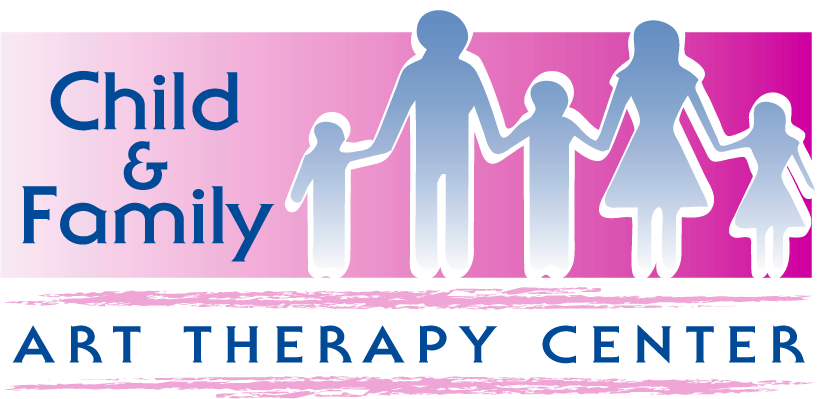
College & Transition Age Art Therapy Services
~ ages 18-23 ~
Childhood has its own bumps and bruises, but leaving childhood to become a college student or for employment is another thing entirely. We specialize in art and verbal therapy to decrease the anxiety and stress that comes with college and transition-to-adulthood. Additionally, our college therapy services specialize in supporting neurodiverse clients adjust to and succeed in college. Figuring out who you are, what you want, and where you’re going is one of the hardest and scariest parts of life, and it can contribute to anxiety and depression. But , in our version of college therapy, using visual and art communication can help you overcome the pain and stress.
Young adults don’t need to be good at art to gain maximum success in art therapy. Simply by making marks on a paper or charting or diagramming feelings, relationships, and concerns, a few amazing things happen. You feel a sense of relief that you simply got it out. The issue is then concrete and visible, which makes it manageable and workable. In discussion with a nonjudgmental and highly trained art therapist, you gain awareness of who you are, how you feel, and what you want, and develop a path forward. Your path may include a coping plan, an action plan, or even a long term vision of where you want to be in five to ten years.
Our college therapists are trained in a wide range of evidence-based therapy approaches, but we go beyond theory to connect with you on a human level. Our college and transition age counselors actively listen to your needs and goals and collaborate with you on goals that are important to you.
We offer flexible daytime or evening hours that fit well with a college student’s schedule that can change every few months. Both in-person and telehealth sessions are available.
Where do you offer these services?
We offer these college therapy and transition counseling services at our four office locations, Haverford, Paoli, Plymouth Meeting, and Center City, Philadelphia.


